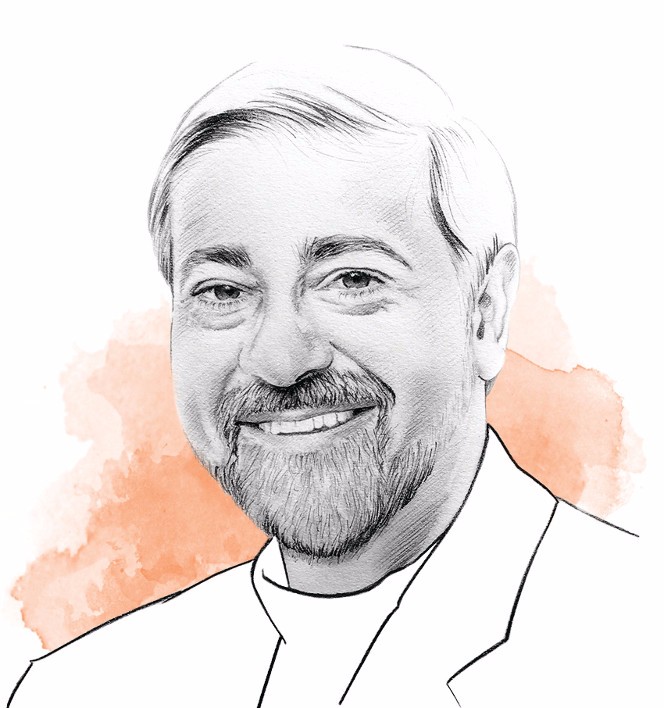Apple no longer makes revolutionary products. Buying Tesla could restore its once stratospheric reputation
[button type=”large” color=”black” rounded=”1″ link=”https://issuu.com/revistabibliodiversidad/docs/dialogue_q4_2016_print_proof__cropp/43″ ]READ THE FULL GRAPHIC VERSION[/button]
It’s not surprising that Apple has stopped innovating. Innovation no longer happens in the way they like to do things in Cupertino. Consequentially, it’s now almost a decade since Apple scored its last breakthrough. In 2007, when the iPhone appeared, its launch was shrouded in secrecy. Apple’s strategy is now as it was then: hide your products from the world, release them, and have your customers fawn about how Apple gear “just works”. In 2007, this strategy bore fruit. But few of Apple’s competitors work this way today – which is why they are now much better than Apple at achieving breakthroughs.
Contrast Apple’s conservative, clandestine approach to product development with the suck-it-and-see style of Facebook. Facebook launched its virtual-reality headset Oculus in the spring. It wasn’t the finished product, but nor was Facebook expecting it to be. Here’s the modern way: you get a product to market, your early adopters buy it, then they criticize it and tell you how to improve it. I’ll bet that version three of the Oculus – due 2018 or 2019 – will invoke the holodecks on Star Trek. It will change the way we interact forever, just like the iPhone did.
So what is poor, shackled Apple supposed to do? In short, it needs a car. I’ll be more specific. It needs a Tesla. Much evolutionary, incremental change is wrongly – and increasingly – billed as innovation. But Tesla is the real deal.
Elon Musk, the electric car company’s chief executive, is a straight-up revolutionary. This is the guy that developed a spacecraft with his other company, SpaceX, docked it with the International Space Station, and returned with cargo. He’s launched two rockets that have made vertical landings back on Earth. And he’s now looking to render all the subways and urban transits in the world obsolete with his Hyperloop – a high-speed public transportation system in which pressurized capsules ride on a cushion of air driven by linear motors and air compressors. Musk once told me that he wanted to build a space station and live out a happy retirement on Mars. He wasn’t joking. I expect he’ll do this.
I’m the proud owner of a Tesla.
Model S. You can see and feel Musk’s galactic pedigree as soon as you get behind the wheel, because the Model S is like a spaceship that rides on land. It’s better than any Apple product: more elegant, more beautiful, and better designed.
Apple’s Tim Cook is a truly excellent operations executive. But he is no Steve Jobs. He is not an innovator. Apple should buy Tesla, use it as the core of an Apple car, and appoint Musk as chief executive.
Would Musk accept? There are no guarantees. He turned down Google in 2013 when the carmaker was on the verge of bankruptcy. With $20 billion of orders in the bag for its upcoming Model 3, why would Musk accept now?
Because he knows the combination of him as chief executive and Cook as operations boss would be formidable, that’s why. Apple’s limitless resources would allow him to scale up Tesla’s operations and deliver the 400,000 orders for the Model 3. And, with Apple’s branding, and perfect fit for in-car media and entertainments, Tesla would benefit, too.
Sometimes true visionaries need a little push. There are plenty of years and ideas left in Musk – still a relative youngster at just 45. Apple needs a car. And, in its own way, Tesla needs Apple. Mars can wait.
– Vivek Wadhwa is fellow at the Arthur and Toni Rembe Rock Centre for Corporate Governance at Stanford University

